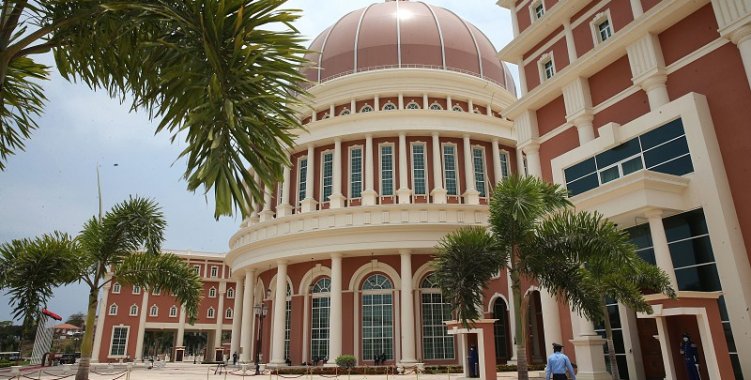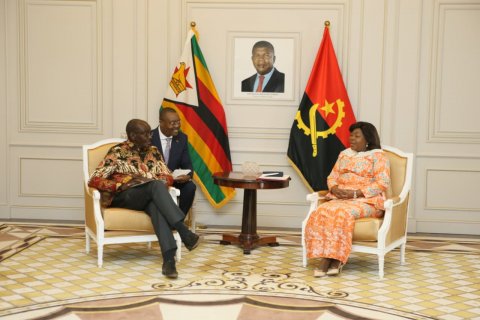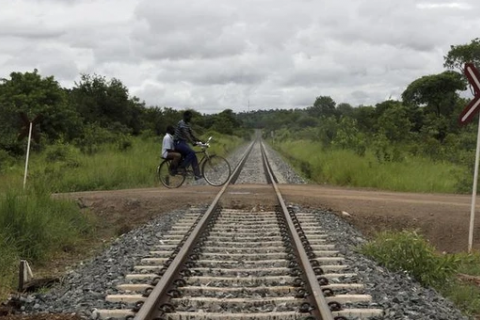According to Marcy Lopes, the work process is dispersed in five legal diplomas, which cause "numerous difficulties for the interpreter of the law and the operators of law in the evaluation phase of the processes at hand, as well as a harmonious assessment of legislative application of all the diplomas that they must use for their activity of protection of labor rights and decision of eventual processes".
"There is therefore a need to unify and systematize the various separate rules on procedural labor law, all of which contribute to a better search for legal certainty and security", he said.
The Minister of Justice and Human Rights pointed out as one of the main lines of reform the alteration of the legal representation regime, with the introduction of the non-compulsory constitution of a lawyer by the parties, which now have at their disposal a varied range of options for the realization of the right to defense in court.
"Finally, a better definition of the deadlines for expiry of the right of action, aiming ultimately to reduce the deadlines for the resolution of labor conflicts, favoring social peace", he stressed.
In response to the concerns raised by the deputies, Marcy Lopes clarified regarding the difficulties in accessing justice, that today the legal awareness of Angolans "is notorious, it has had a clearly visible growth".
"And it is just for this reason that today we have many conflicts of a labor nature running in the courts and this number is significant and a sample of the level of awareness of workers in relation to the rights they have against employers and rights arising from the employment relationship that establish among themselves," he said.
Marcy Lopes also highlighted the right to strike, which the diploma considers "not an absolute right".
"No fundamental right can be understood as absolute except the right to life, and even the right to life in certain circumstances admits limitations such as self-defense. In the case of the right to strike, it is a fundamental right , of the first legislation, a fundamental right that were the rights that gave rise to other fundamental rights, but this right to strike is not an absolute right, this right has limitations, conditions, requirements for its exercise", he said.
According to the minister, the first requirement is that the strike is collective and not individual, "the president or the director or general secretary of a union cannot decide to start a strike, for this reason that strike is considered legitimate".
"What appears in this diploma is that there is a set of rules that must be observed and that in case of non-compliance the employer can use this mechanism to challenge a strike that is illegal", he stressed, adding that this extension is not economic in nature, does not have a protective nature for the employer in relation to the worker.
"It has the nature of protecting legality for the exercise of a constitutionally enshrined right", he highlighted.
The proposed law was approved with 166 votes in favor, with no votes against or abstentions.







